Last October, Leuven 2030 hosted European partners of the FEAST project for a multi-day exchange across Brussels, Leuven and Ghent. Initiated by ICLEI Europe, the 12 original project cities shared their insights on building healthy, sustainable and accessible food systems with 9 new Replicator Cities. Rather than starting from scratch, these new cities can now build on proven ideas, lessons learned and practical experience to shape their own local approach.
“It was a real privilege to welcome colleagues from across Europe and exchange what we’ve learned so far. The 12 Living Labs passed on their experience to 9 new cities, giving them tools to take action locally. That is the true European spirit: working together to move further, and get there faster.” — Marie Mauer, Food Project Coordinator at Leuven 2030
Shared goals, local action
FEAST partners brought their own local strategies to Belgium — from providing healthy school meals to improving food access in underserved neighbourhoods and shifting eating habits in nurseries and care homes. To scale up their impact, the 12 original cities — supported by Europe to test and trial solutions — are now guiding 9 new Replicator Cities. One example is the Turkish city of Eskişehir, where a free soup kitchen serves 1,500 people a day. Other initiatives include social restaurants based on solidarity pricing and the creation of urban community gardens.
Kick-off in Brussels: Why focus on food?
The event kicked off at ICLEI Europe in Brussels. Partners discussed the cracks in Europe’s food system — which still focuses too little on prevention of diet-related diseases like diabetes and obesity. Healthy and sustainable food both bring down health costs and reduce CO₂ emissions. But change isn’t easy. Food habits are deeply rooted in culture and tradition, and political or financial support is not always a given. That’s why FEAST partners work with local players, such as community kitchens or social restaurants. Targetted communication campaigns and consistent impact tracking also help break down these barriers and make healthier food choices more evident.
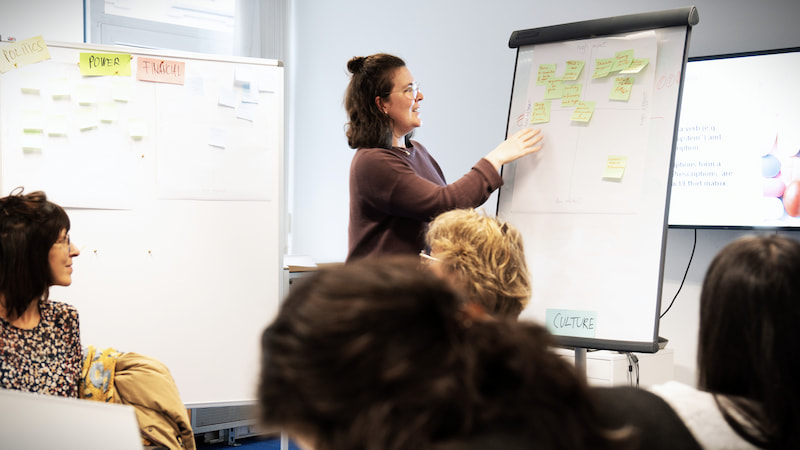
Ghent: tackling food swamps and food deserts
Day two took participants to Ghent, where the city has long been a pioneer with its ‘Gent en Garde’ food strategy. Within the FEAST project, Ghent has been focusing on two neighbourhoods: in Dampoort, a so-called food swamp filled with unhealthy options, a new social restaurant ‘Hartetroef’ has opened its doors. Meanwhile, in the food desert around the watersportbaan — with few places to even buy food — a local farmers’ market is now up and running, supported by a Facebook group that connects residents and vendors.
Leuven: digital tools to accelerate change
As part of the project, cities looked at how digital tools can help speed up change. In Leuven, more than 20 participants from Leuven, Prilep (North Macedonia) and Oxfordshire (UK) came together to share what they’ve been working on — with support from Leuven 2030. Each city was asked to build a Community Action Platform to get local people and organisations involved. The resulting platforms were very different from one city to the next, which led to interesting conversations. The cities also each created an EcoFoodMap: a digital map that shows an overview of the local food system works, using facts and data.
“It felt truly energising to be in a room full of people asking the right questions about these complex challenges. We shared openly — both what went well and what didn’t. I felt heard, inspired, and went home with a head full of ideas to improve our living lab.” — Kelsi Farrington, Oxfordshire Living Lab
Digital tools don’t have to be complicated:
- In Eskişehir’s social restaurant, a digital screen shows how many free meals are available thanks to donations. Simple, visible and effective.
- In Ghent, a Facebook group helps residents discover the new market, learn about local producers and share feedback.
- In Oxfordshire, a Recipe Hub encourages healthy cooking, supported by TikTok and Instagram content from local influencers.
- In Leuven, a digital platform is paired with in-person workshops in community centres — helping to spark local conversations around food.
In the months ahead, cities will continue developing their platforms and exploring how digital communication can drive real-world change.
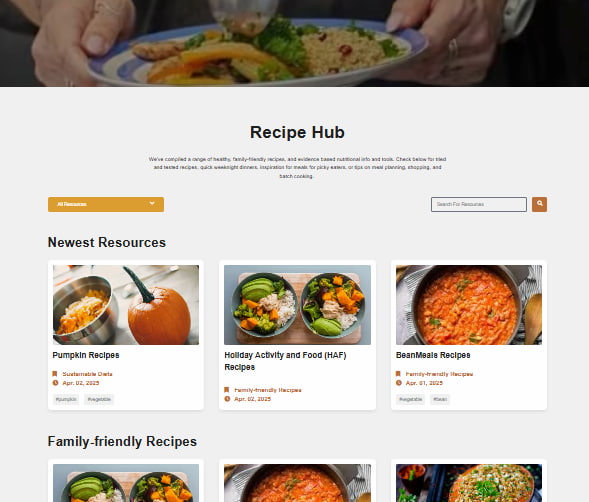
“What stuck with me most is how each partner built their digital living lab by listening carefully and involving the right people. This kind of collaboration is what Europe needs to get things moving.” — Ana Teresa Oliveira, Alto Minho Living Lab
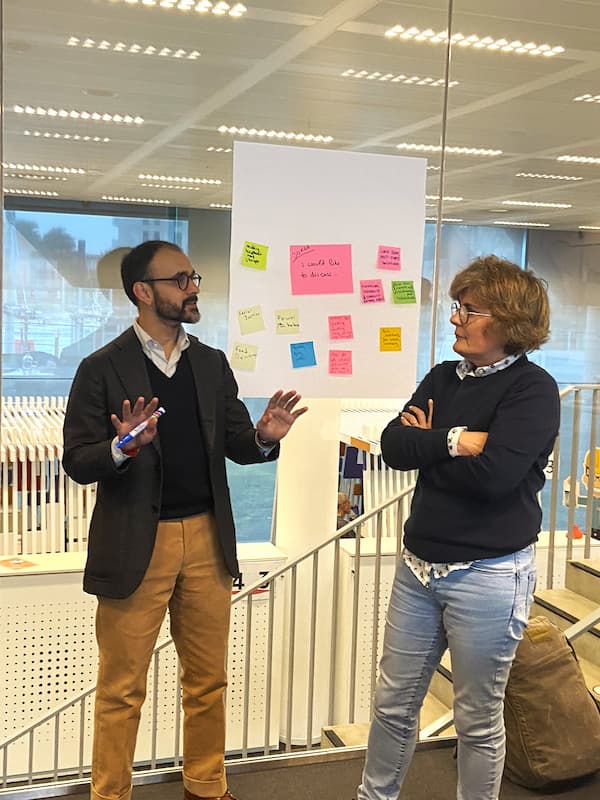
In partnership with

Related breakthrough projects





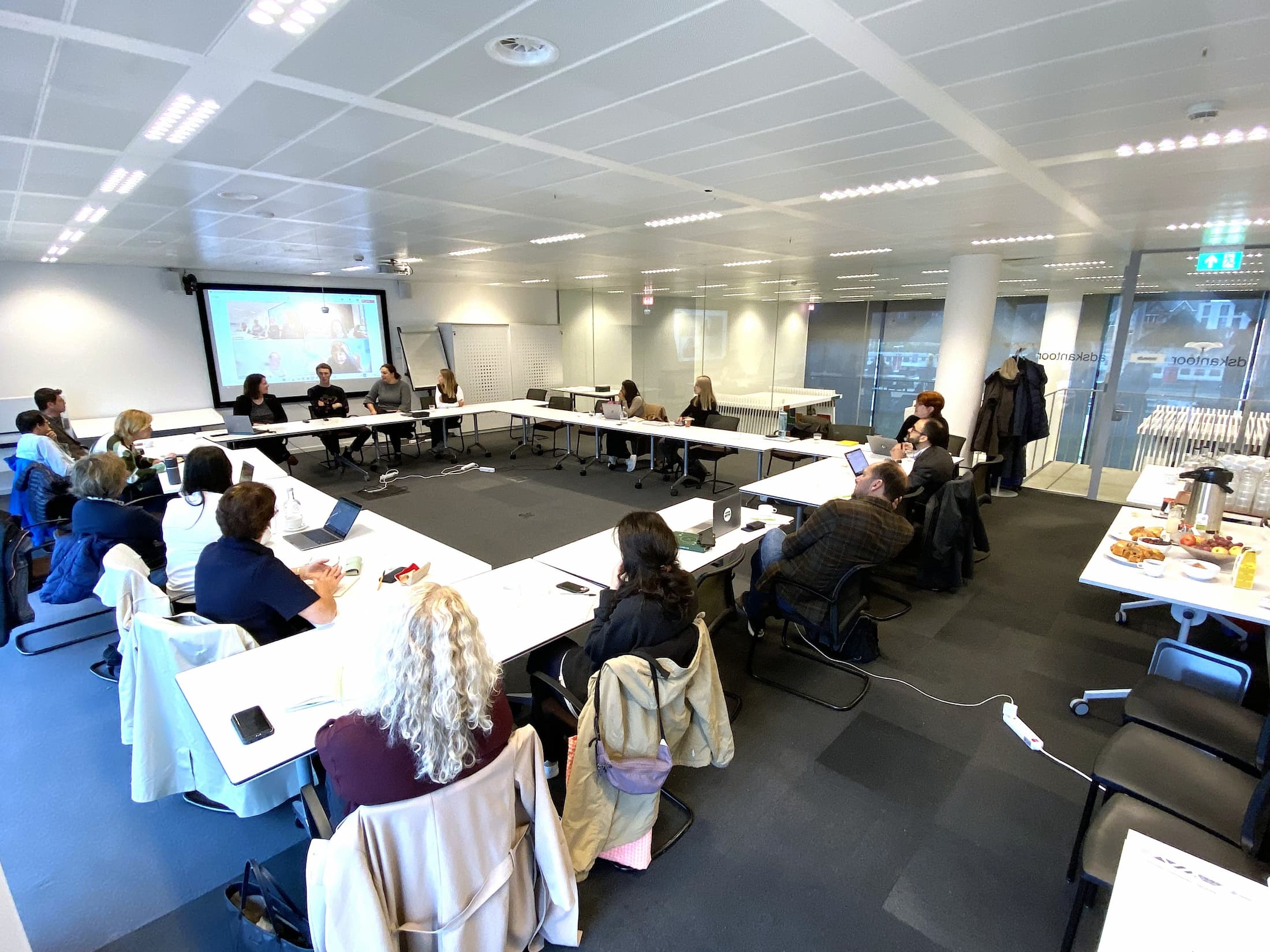





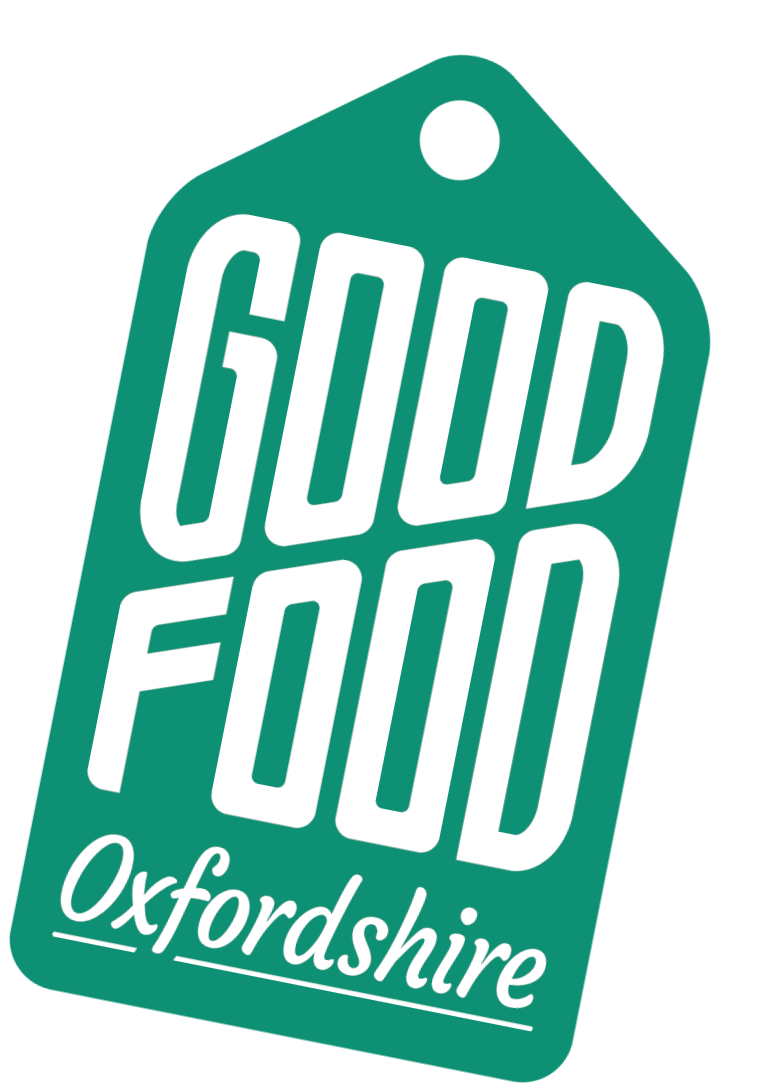
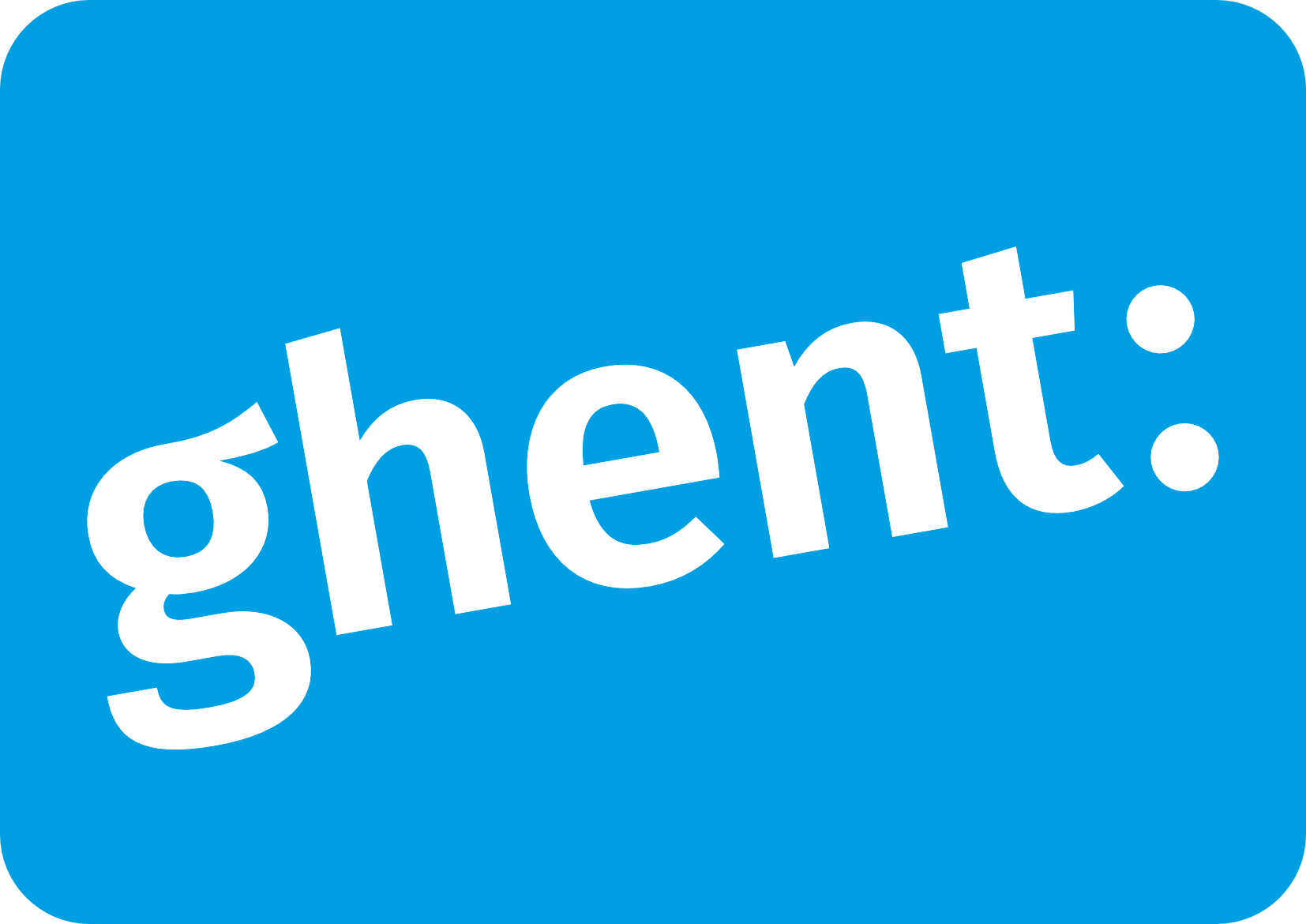
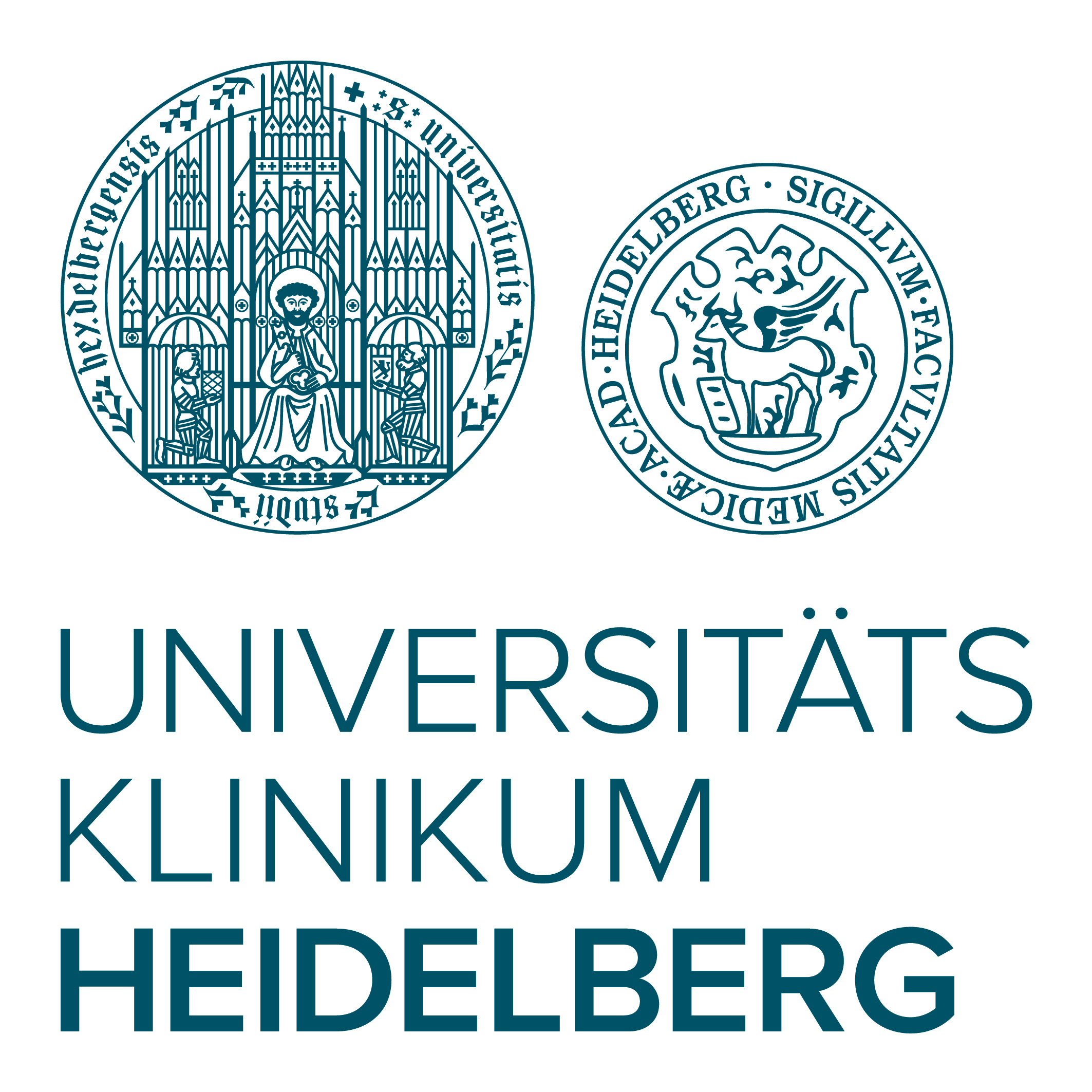






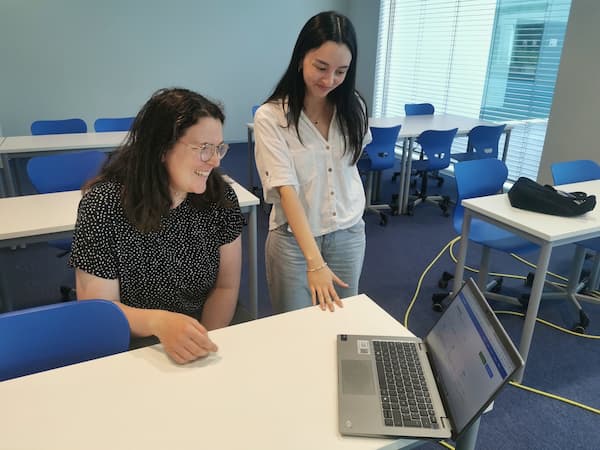

.jpg)